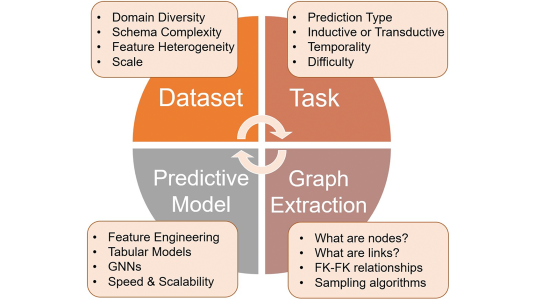Knowledge graphs have emerged as a key abstraction for organizing information in diverse domains and their embeddings are increasingly used to harness their information in various information retrieval and machine learning tasks. However, the ever growing size of knowledge graphs requires computationally efficient algorithms capable of scaling to graphs with millions of nodes and billions of edges. This paper presents DGL-KE, an open-source package to efficiently compute knowledge graph embeddings. DGLKE introduces various novel optimizations that accelerate training on knowledge graphs with millions of nodes and billions of edges using multi-processing, multi-GPU, and distributed parallelism. These optimizations are designed to increase data locality, reduce communication overhead, overlap computations with memory accesses, and achieve high operation efficiency. Experiments on knowledge graphs consisting of over 86M nodes and 338M edges show that DGL-KE can compute embeddings in 100 minutes on a EC2 instance with 8 GPUs and 30 minutes on an EC2 cluster with 4 machines with 48 cores/machine. These results represent a 2× ∼ 5× speedup over the best competing approaches.
DGL-KE
2020
Last updated August 16, 2023
Research areas




